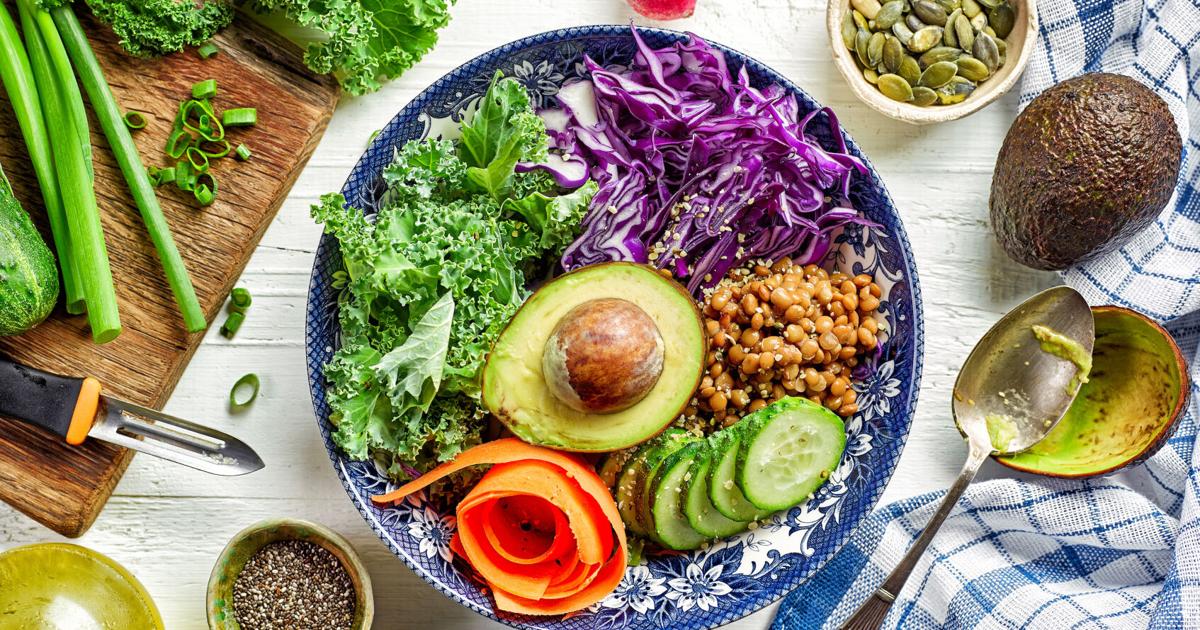
Most of us have tried and failed to change something in our diet, from simply eating healthier food to “going vegan.” Americans have been encouraged to reduce sugar and meat intake and eat more of a plant-based diet. I discovered there’s very little information available about the pitfalls to avoid if you want to be successful in maintaining a 100% plant-based diet. With all of the misinformation out there telling you why a 100% plant-based diet might not work, it’s amazing that anyone manages to stick with it. It’s actually pretty easy to be very healthy and satisfied eating plant-based if you know what to watch out for, and this seasoned vegan’s superpower has been making mistakes you can learn from. Let’s have some fun with it.
We’ve heard “new” reasons over the last few years to consider adopting a plant-based diet. It’s no longer just about our individual health. Recent studies, including “Modern Diets and the Health of Our Planet” in the National Library of Medicine, show a significant connection between the health of the environment and what we eat. There’s been a renewed societal awareness of the impact of eating animals…on the animals. Eight years ago, I felt armed with many reasons to convert to a plant-based diet, yet a major obstacle I faced was not giving in to the doubt created by the saturation of animal products, advertising and false, non-scientific information provided by friends, family and social media. You’ve likely heard that changing to a plant-based diet will either save the earth or turn you into a protein-deprived, sickly neo-hippy wannabe, usually the latter. Ultimately, it’s up to you what the impact will be. Although we often have little power over governmental policy or business practices, we do have control over our diets. Turning to a plant-based diet is one way we can directly reduce suffering and improve both personal and environmental health.
